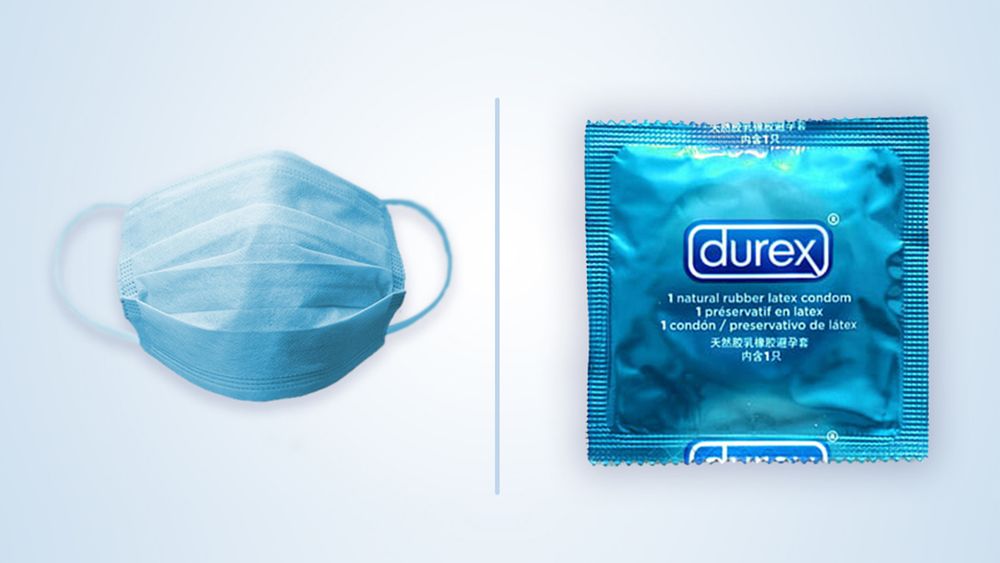As former commercial director for Roberson Wine, Simon Huntington knows how important getting your marketing right is for any wine or drinks business.
Digital marketing is now an intrinsic part of the overall marketing mix. Yet its tactics are now so pervasive that some marketers argue that we should stop talking about it as a separate category.
It’s not digital marketing anymore – it’s just marketing. Every offline event has online coverage. Every piece of traditional marketing material contains a website address, social tag or a QR code that takes you to accompanying digital material. Referencing digital marketing can sound like talking about a flatscreen TV, or a motor car. Perhaps digital marketing – as a standalone concept at least – is dead.
What is ‘digital’ marketing anyway?

Digital marketing is now so essential it should not be seen as anything special, says Simon Huntington
Ask many people about digital marketing, and they’ll struggle to give a clear definition. They might have an idea that digital marketing includes activities like posting on social media or sending email newsletters, but often won’t see that these are individual pieces of what should be a bigger, integrated, strategic picture.
It’s not that social media isn’t digital marketing. It’s just that it doesn’t encompass the whole of the discipline any more than posting flyers through letterboxes encompasses the whole of traditional offline marketing.
The discipline of marketing in general could be defined as the ways in which a business can seek to understand its market, acquire new customers, keep existing customers, and expand their spending. Digital marketing is no different, except that it uses digital tools to achieve these same objectives.
To give a concrete example, a previous company at which I worked wanted to understand what motivated customers to join its wine club, and to use this information to expand its membership. We called up a selection of existing members and asked them a series of questions about their membership – a traditional telephone survey. Those who seemed most open and responsive were invited to a wine tasting where they helped to choose the following club case selection. During the tasting we pumped them for further qualitative information – a traditional focus group.
Digital and traditional
Using digital tools alongside these traditional tactics, we examined the landscape for wine clubs in general – what was being offered, whose marketing was getting the most engagement, and which keywords could cost effectively be targeted in a paid search campaign.
Each set of tools – traditional and digital – helped to build a comprehensive picture of why people liked our club, what we could do to improve it, and how we could best promote it to acquire new members. The insights this integrated approach gave us grew the club by 43% over the following six months.
Even one of the longest-lived models for the customer journey – the AIDA model thought to be invented by St Elmo Lewis in 1898 – can apply equally to both traditional and digital marketing. Awareness can be generated via billboards, or a paid search campaign. Interest can be captured by a magazine article that recommends your product, or a blogger who does the same. The social proof that stimulates desire can be created by a football shirt sponsorship deal, or an influencer who engages with your target audience. Action can be spurred on by a timely telephone call, or the right message in an email campaign.

Traditional advertising – like billboards – can be good for raising awareness but they won’t always give you as definitive an answer about how much people are engaging with your message as digital marketing, claims Simon Huntington
Digital marketers would argue that the benefits they offer can be attained far quicker and cheaper, and their insights can give far greater accuracy than those available via traditional channels. A few years ago, a condom manufacturer wanted to understand its US domestic market, and so asked its customers how often they made love and, when making love, how often they used a condom. The results when multiplied together exceeded the total annual global production of condoms. Online search data, on the other hand, doesn’t lie about its sex life.
Yet unlike traditional offline marketing skills, there’s a huge shortage of digital skills in the UK. The Learning and Work Institute warned in March 2021 that we face a “catastrophic” digital skills gap in the UK that could be “disastrous” for business.
Most wine producers and merchants are well able to deliver on traditional marketing activities like tasting events, PR and networking, but only a few are integrating these with activities designed to build their website visibility, search traffic and e-commerce conversion rate.
So, while it might be time to stop thinking about digital marketing as some abstract, separate discipline, we do need to think about it. What’s great about our industry is the diversity of its importers, producers, and products. If we want our industry to remain strong and vibrant, rather than being dominated by a small number of large, slick, commercial players, we need to break out the defibrillator on our digital skills.
I’m trying to do something about it – which is why the company I’ll be launching early next year will offer digital marketing and ecommerce services, with digital training included as part of every package. Our mission is to upskill the UK wine industry, and we’d like you to join our movement.
Digital marketing is dead… long live digital marketing.
- Simon Huntington is launching a new business Vintegrate Marketing in the new year. If you would like to talk to him about your digital marketing needs then email him at Simon@vintegrate.co.uk.






























